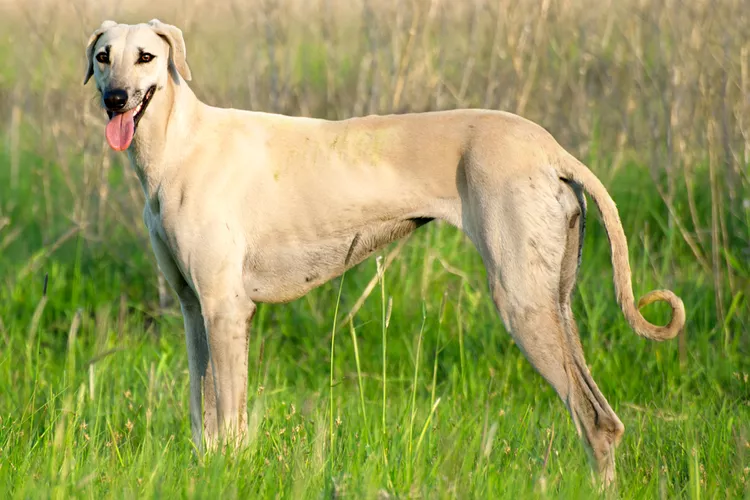
The Sloughi dog is a medium-to-large hound breed native to North Africa that is known for its long legs, slim build, short fur, and fast running ability. These agile dogs are similar in appearance to the Greyhound (hence the breed's nicknames, Berber Greyhounds or Arabian Greyhounds). Sloughis are notoriously affectionate toward their human family members and nobody else, which is why this breed has gained a bit of a reputation for being aloof. For the right people, the Sloughi has plenty of love waiting inside its sleek exterior.
Group: Hound
Height: 26 to 29 inches (males); 24 to 27 inches (females)
Weight: 49 to 62 pounds (males); 40 to 51 pounds (females)
Coat: Smooth and fine
Coat Color: Fawn, Black, Sandy, Brindle
Life Span: 10 to 15 years
Temperament: Independent, attentive, sensitive, intelligent, loyal
Hypoallergenic: No
Origin: North Africa
Similar to the Greyhound, the Sloughi is an athletic dog that tends to stay calm when it's not on the move. This breed's temperament is typically reserved, preferring to err on the side of independence rather than being involved in every facet of household life. That's not to say, however, that your Sloughi won't enthusiastically spend time with your family—these dogs are loyal to their owners and especially love being around children. Sloughis are known for their gentle personalities and somewhat distant nature towards strangers, so it's best to socialize this breed early on.
The Sloughi is native to North Africa. A relatively new addition to the American breed scene, these dogs were first recognized by the AKC in 2016. Their history dates back many centuries; so far back, in fact, that the exact time of their origin is uncertain.
What is known is that the breed was one of two prized sighthound breeds of the Berbers, an indigenous population of Africa. Recorded reports of sighthounds in the region date as far back as the 8th-7th millennium B.C., and it is also well-documented that sighthounds were celebrated among the ancient Egyptians.
The Sloughi’s longstanding popularity in its native region is thanks to the breed's ability to hunt wild pigs, foxes, and hares in harsh North African conditions. The breed is highly athletic, swift, and sly when needed. Today, Sloughis are found mainly in Morocco, as well as in smaller numbers throughout the rest of North Africa.
These dogs are still rare in the United States. The first Sloughi to cross the Atlantic—a dog named Tagiurie el Sian—came with her owners Kaethe and Carl Rodarty in 1973, and the American Sloughi Association (ASLA) was later founded in 1989.
Like other short-haired dogs, Sloughis don't require much grooming other than the basics. They need daily exercise and are usually trainable, and because of their sensitive personalities, it's best to use positive reinforcement methods.
Sloughis are an active breed, but so long as they get adequate exercise, they’re more than happy to snuggle up on the couch when they're at home. Long daily walks are recommended. It’s even better to take your Sloughi somewhere he or she can run off-leash; these dogs love to zip around on their long legs and show off how fast they are. Since their prey drive is strong, fenced-in areas are a necessity. Dog sports like agility training and lure coursing are another great way to help Sloughis expel their energy both physically and mentally.
Grooming a Sloughi is relatively easy thanks to the breed's smooth, short coat. Gentle brushings and simple baths should suffice. Be sure to keep up with other routine grooming steps like brushing teeth, cleaning ears, and trimming nails.
As far as training, Sloughis respond well to positive reinforcement, though they do have a stubborn streak that sometimes stands in the way. This shy breed needs a bit of encouragement to come out of its shell, especially when it comes to strangers and other dogs. For this reason, it's strongly encouraged to engage in socialization and training classes early on. This can help your Sloughi learn good behaviors in a social setting and maintain desired traits long-term.
This breed is generally regarded as healthy, but like most purebred dogs, Sloughis are prone to certain genetic illnesses. By adopting from a responsible breeder, you can increase the chances of your dog living a long, comfortable life. The following are common health problems that Sloughis may experience:
Addison’s Disease doesn’t tend to appear until middle age, so it’s possible for a Sloughi with this genetic defect to have puppies before it's detected. Unfortunately, gene marker tests for the breed are not yet available.
If you're planning to purchase a Sloughi puppy, ask your breeder to provide the medical history of its parents (and grandparents, if possible). Credible breeders avoid breeding dogs that carry genetic illnesses. While it's not possible to prevent every dog from hereditary problems, proper care can be taken to mitigate the risk.
Your Sloughi will do best on a high-quality diet with plenty of protein. This breed is not usually prone to becoming overweight or obese, but to prevent any problems, talk with your veterinarian to determine meal portions and an appropriate dog food based on your dog's age, weight, and activity level. Feel free to give your Sloughi healthy treats (remembering that positive reinforcement is encouraged), taking care to limit overeating.
Sloughis are still a rare dog breed in the United States, so they can be hard to find. Check with your local shelters and any breed-specific rescues to find dogs in need of forever homes. If you're planning to adopt a puppy from a breeder, research different options first, making sure to work with someone who is reputable and takes excellent care of their dogs.
Sloughi puppies generally cost between $1,200 and $2,000, but some prices may be as high as $6,000 depending on pedigree and availability in your area. Since this breed is rare, expect to join a waitlist to adopt a puppy.
Start your search for a Sloughi via designated rescues, the designated breed association, and the American Kennel Club:
Calm and relaxed
Family and kid-friendly
Doesn't bark much
Aloof and stubborn
Shy around strangers
High prey drive
If you're interested in adopting a Sloughi, you might also connect with similar breeds:
There is a great dog breed out there for everybody. Learn about other popular breeds or visit your local shelter to find your next best friend!
Similar to the Greyhound, the Sloughi (pronounced "slu-ghee") is a North African dog breed with a long, slim build known for its fast running ability.
Sloughis aren't hypoallergenic dogs, but they do only have medium shedding and short hair. In terms of grooming, your Sloughi will require simple routine baths, nail trimming, and teeth brushing like other dog breeds.
Sloughi dogs are in the AKC's hound classification. Unlike the scenthound breeds in this group, this dog is considered a sighthound (similar to the Greyhound, Whippet, Saluki, and more).

The First 30 Days With Your New Kitten
The first month is full of changes and excitement for a kitten in a new home. Find out what to expect and what you can do for your new feline friend.
How Old Is Your Cat in Human Years?
As a cat ages, there are often behavioral and physical changes too. Find out how to convert cat years to human years and what to expect at each stage.
What to Buy for Your New Cat: A List of Essentials
Before you bring your new cat or kitten home, there are a number of things to collect or buy so your cat will feel welcomed like a family member.
Human Foods That Are Poisonous to Cats
Many human foods are toxic to cats. Avoid feeding cats table scraps. Instead, feed a nutritious cat food created for their specific nutritional needs.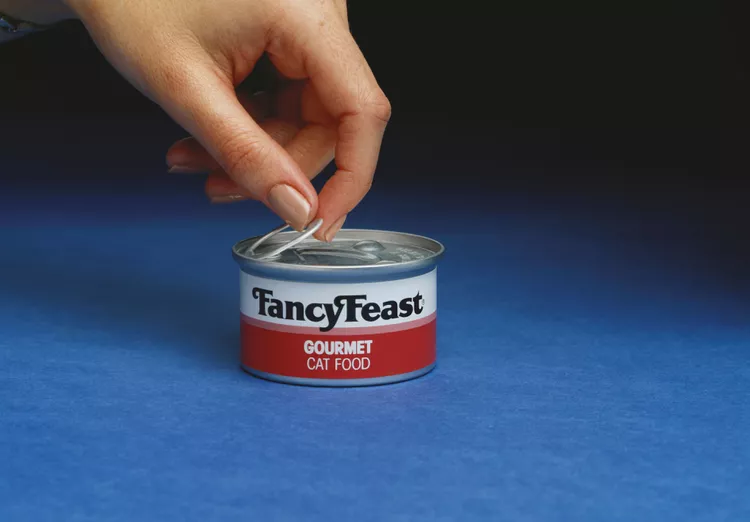
Cat Food Ingredients to Avoid
When checking the nutrition content of cat food, look for ingredients that are not healthy or show it is of poor quality. Avoid these 3 ingredients.
Should You Feed Your Cat a Raw Diet?
Learn the pros and cons of raw diets for cats, and find out how to choose a raw food diet for your own cat.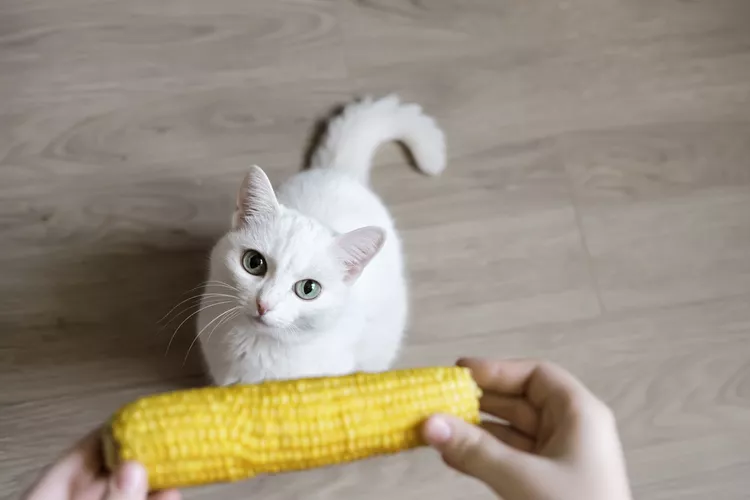
Can Cats Eat Corn? Here's What A Vet Thinks
Corn is a common ingredient in cat food and can be a safe treat for cats when fed in moderation. Find out more about how to safely feed corn to your cat.
10 Obscure, Little-known Canine Facts in Honor of National Dog Day
With National Dog Day upon us, it's time to celebrate everything about our favorite pets—even the weirder stuff. Here are 10 obscure facts about dogs you probably didn't know.
The Different Types of Pet-Friendly Workplaces
Discover the different types of pet-friendly workplaces and the benefits they offer employees. Learn how to create a pet-friendly workplace and the best practices for pet owners.
Exploring the Different Types of Pet-Friendly Beaches
Are you looking for pet-friendly beaches? Learn about the different types of pet-friendly beaches, their locations, and tips for visiting them with your pet.
Why Is My Dog Lethargic?
Lethargy can be a sign that something is wrong with your dog. Find out what may be causing this lack of energy and what you should do about it.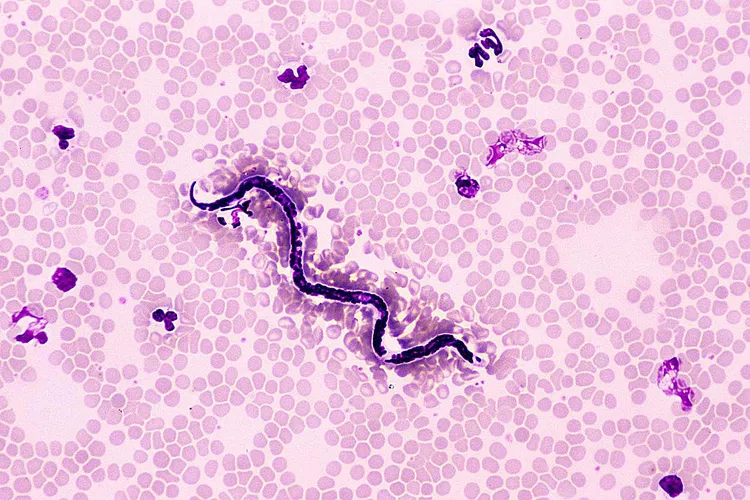
Medications to Prevent Heartworm Disease for Dogs
Heartworm disease is a serious risk for all dogs exposed to mosquitos. Find out about the products used to prevent Heartworm disease in dogs.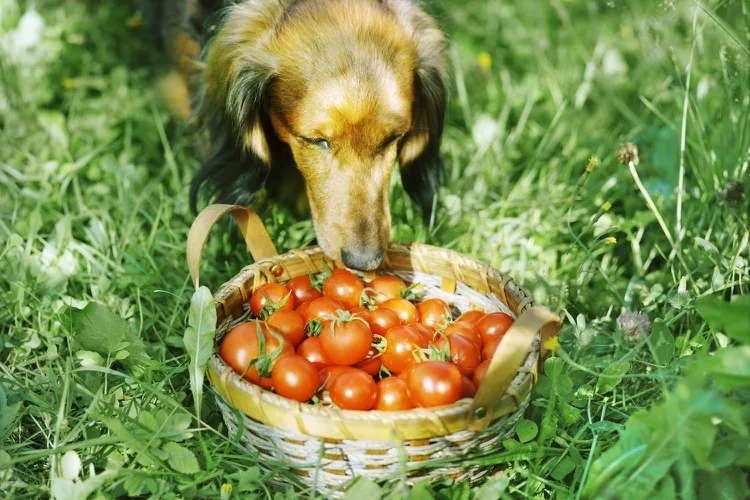
Can My Dog Eat Tomatoes?
You'll want to keep Fido out of your garden since the tomato plant is toxic, but you can safely offer him ripe tomatoes as a nutrient-packed treat.
15 Best American Cat Breeds
Several cat breeds, including the American shorthair and Bengal, have their origins in the United States. Learn more about these American cat breeds.
Why Do Cats Slap Each Other?
Cats can have some quirky behaviors—one of them being slapping each other. Why do they do this and what can you do to stop it?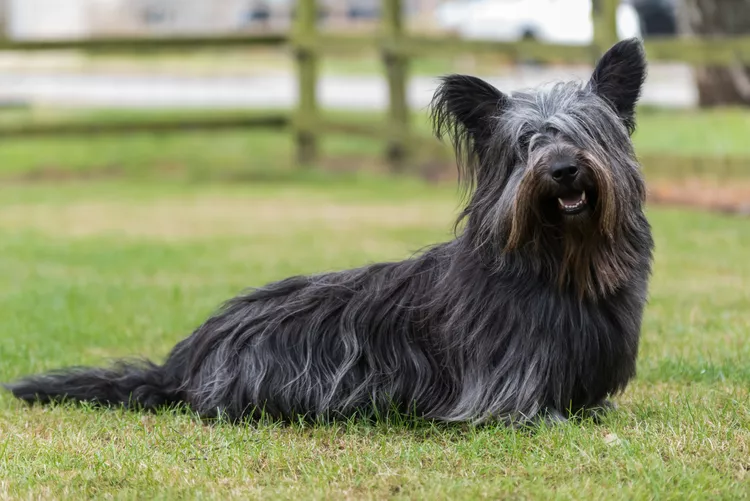
Skye Terrier: Dog Breed Characteristics & Care
Learn all about the Skye Terrier, an elegant breed known for its friendly and even-tempered personality with classic terrier traits.
Sloughi: Dog Breed Characteristics & Care
Learn all about the Sloughi, an ancient dog breed known for its impressive running ability, slim stature, and affection toward its family.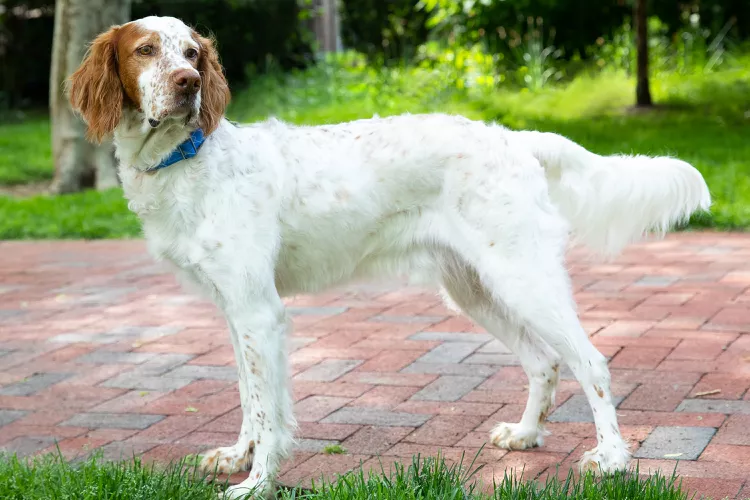
English Setter: Dog Breed Characteristics & Care
Learn about the English setter, an excellent hunting breed for pointing and retrieving game. It's also a popular and affectionate companion dog.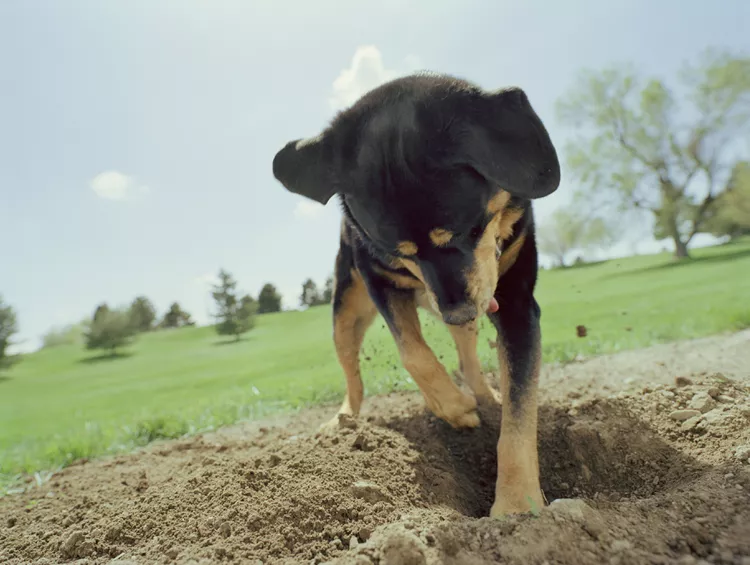
Why Dogs Bury Bones and Other Objects
If you give a dog a bone, he might bury it. Why is that? Learn about this burying behavior in dogs and what it means for your pet.
Reasons Why Dogs Run Away and How to Stop It
Dogs can escape, especially if they’re bored and not properly contained. Here are some techniques for stopping your dog from running away.